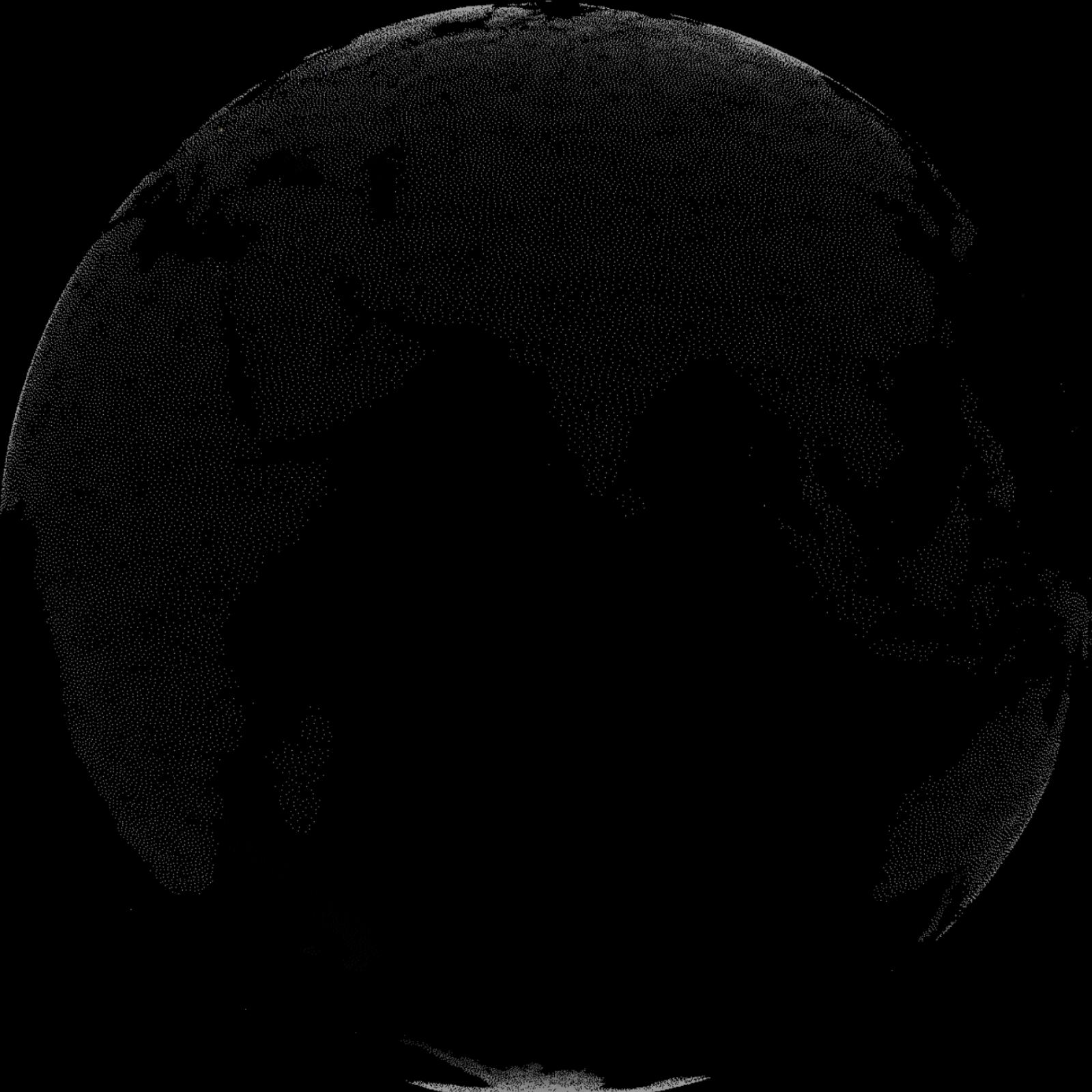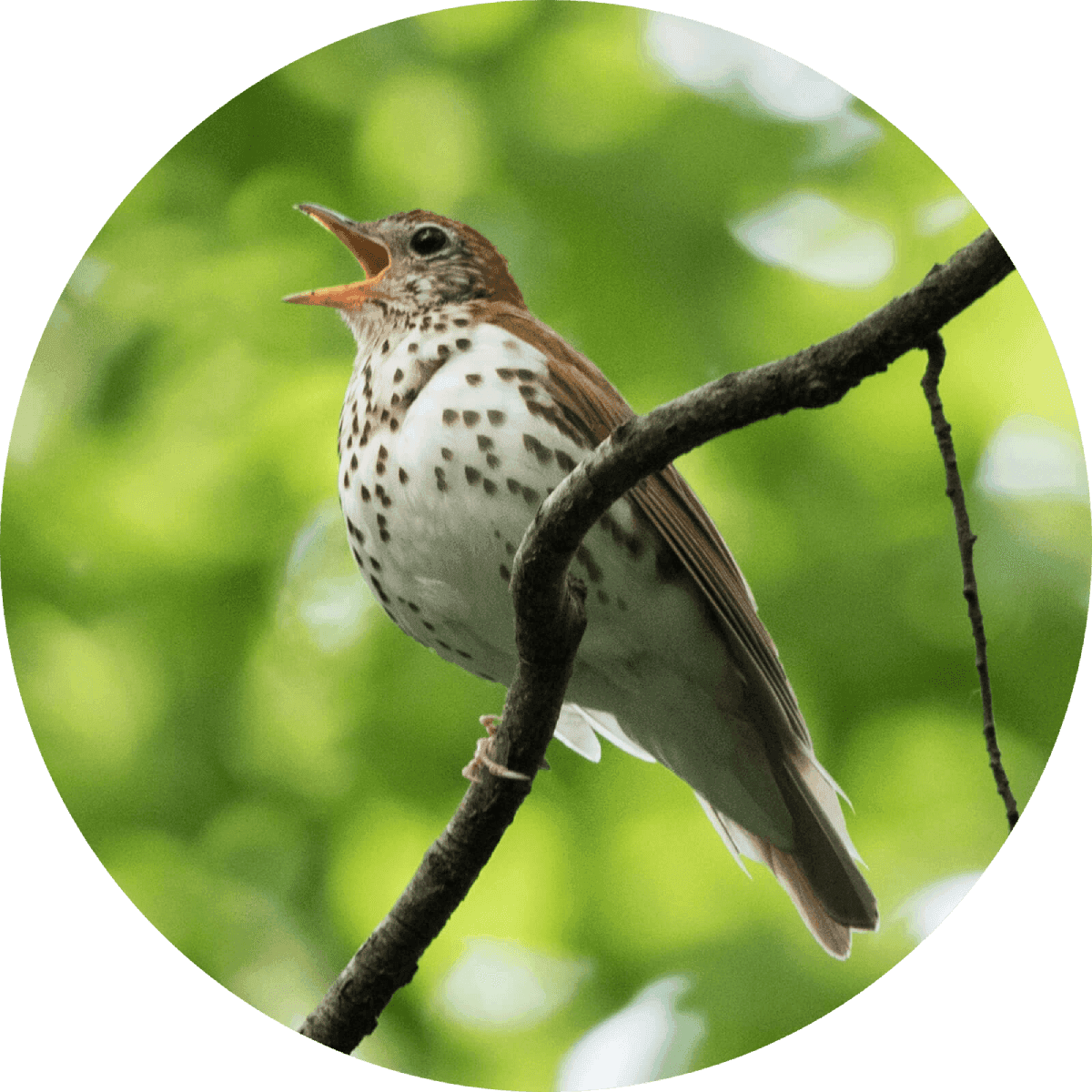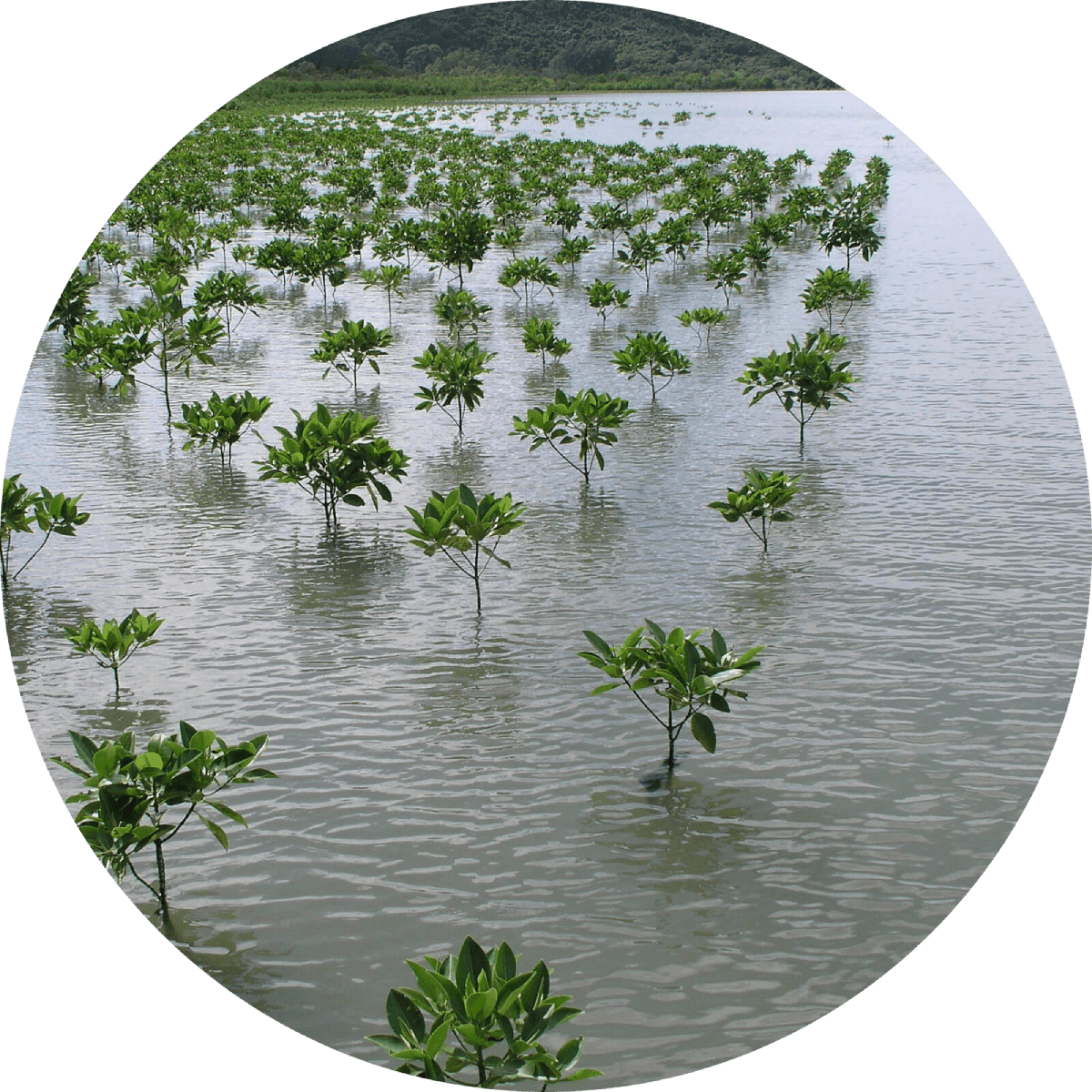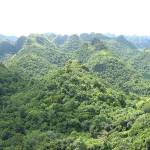Hurricane Mitch & Deforestation
1998 • Honduras
"The hurricane was horrible. But the real tragedy is the grip of large fishing companies. Cutting down trees made the hurricane ten times worse than it should have been... The fishing companies thought they could increase the shrimp production, clearing the mangroves and other vegetation. Those areas suffered the greatest destruction from the hurricane." —Jorge Varela, Honduran environmentalist “In late October 1998, Hurricane Mitch stalled and dumped a year’s rain on Central America in forty-eight hours. Flash floods and mudslides down deforested slopes wreaked devastation on a vast scale, leaving ten thousand people dead, almost twenty thousand missing, and over 2.5 million people temporarily dependent on emergency aid. Honduras, the second-poorest nation in the Western Hemisphere, was the hardest-hit... The impact of the heavy rains from Hurricane Mitch was made much worse by the previous pattern of clearing the original forest of Nicaragua and Honduras. Many of the coffee plantations that spread across the mountainsides and the banana plantations carved out of the lush, coastal regions were financed by multinational companies."
"Jorge Varela," Goldman Environmental Foundation, 1999, https://www.goldmanprize.org/recipient/jorge-varela/ J. Timmons Roberts and Nikki Demetria Thanos, Trouble in Paradise: Globalization and Environmental Crises in Latin America (New York: Routledge, 2003), 66-67.


Learn about Maya Lin’s fifth and final memorial: a multi-platform science based artwork that presents an ecological history of our world - past, present, and future.

Discover ecological histories and stories of former abundance, loss, and recovery on the map of memory.

Learn how we can reduce our emissions and protect and restore species and habitats – around the world.

See how art can help us rethink the problems we face, and give us hope that each one of us can make a difference.

Help make a global memorial something personal and close to home. Share your stories of the natural world.


